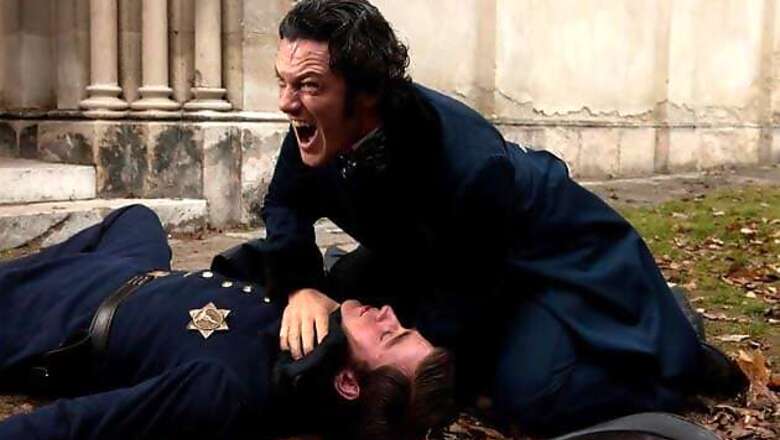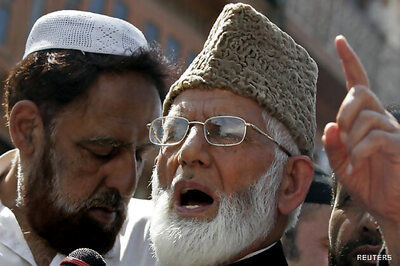
views
Films about fiction becoming facts or writers playing detectives are many. But there are few, which do both. As a filmmaker if you wanted to do both, who had better Edgar Allan Poe - the one who invented detective fiction, who is known for his gothic works, who died under mysterious circumstances and whose most famous poem 'The Raven' talks about a lover distraught over the loss of his beloved.
What is extremely impressive is the way in which the makers of The Raven' take the above four facts and fill in the blanks with a gothic and detective story that Poe himself admired for its deft 'P'esque' touch of both the morbid and the mysterious. Poe (John Cusack) is an arrogant writer at his wits' end, trying to earn a living and to win the heart of his beloved Emily (Alice Eve), while being an alcoholic.
When murders start happening in the exact manner that his gothic stories showed, the police take his help in tracking the murderer. The stakes become much higher for Poe when Emily is kidnapped and the murderer plays with the police and Poe by killing more people and leaving clues designed to ultimately lead to her.
'The Raven' is a delight for fans of both gothic fiction and the gothic, horrific in cinema. It blends the two together in perfect harmony. Like the murderer, who is Poe's greatest fan inside the universe of the film, writers Ben Livingston and Hannah Shakespeare and director James McTeigue of "V For Vendetta" fame seem to be his biggest fans outside it.
This team not only stays true to facts of Poe's life, but use them to fill the fictional universe of the film seamlessly. For example, his times in the army, or his contribution to science fiction and writers like Jules Verne, etc. This does two things -- pays homage to Poe, and at the same time establishes his literary mise-en-scene for the film.
It's also filled with other fascinating details much to the delight of knowledgeable connoisseurs. An example can be given of Rufus Griswold, a contemporary and rival of Poe, who made money by sensationalising lies about Poe's life after his death, through a biography.
In a gothic irony for which Poe would have patted the writers and director for, they show the character of Griswold die an extremely unpleasant death. Cinematic justice? Perhaps. Cusack impresses with the anguish of a man trapped in the world of his own making, enforced by another. The director also does well in bringing out the gothic mood really well. However, the only place where the film falters badly, is in the resolution of the mystery, the revealing of the murderer. It is not quite satisfying and as a viewer you feel cheated, because though that person is someone you knew through the film, not enough hints were thrown in his direction to point the needle of suspicion on him even as you suspect almost every other character in the tale.
The murderer's reasons for his/her ghastly act and his/her final act with Poe also remain grossly unsatisfying and a tad illogical.
That ending mars an otherwise excellent film - a film that becomes the most interesting tribute to the first man to ever try to live only on writing and who influenced culture, literature and cinema, in more ways than can be recorded.

















Comments
0 comment